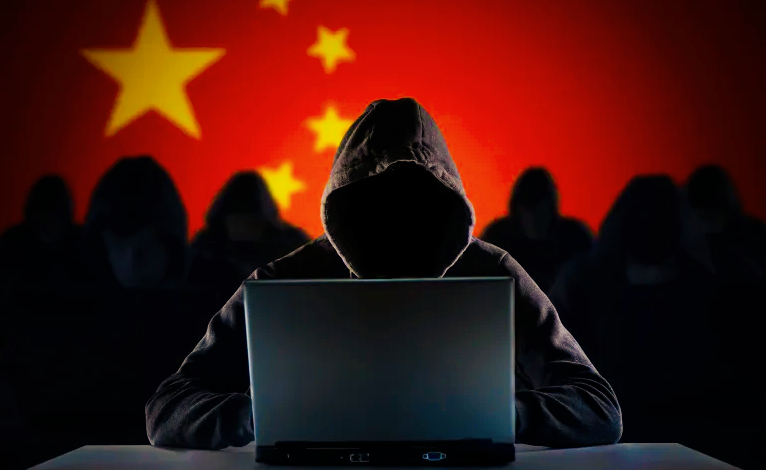In a serious development that warns of an escalation in the cyber war between China and the United States, federal investigations have revealed a sophisticated cyber intrusion carried out by Chinese hackers, targeting one of the prominent American lawmakers involved in the sanctions against Beijing, coinciding with sensitive trade talks that took place in Sweden last July.
According to a report published by the "Wall Street Journal", the hackers impersonated Republican Congressman John Moolenaar, the chairman of the parliamentary committee concerned with competition with China, and sent fake emails bearing his signature to influential parties, including business groups, law firms, and U.S. government agencies, with the aim of gathering confidential information about the proposed sanctions on Beijing.
* Malicious Messages Under the Guise of Legislation
Informed sources revealed that the fake messages appeared very official, as they requested "advice" on upcoming legislative actions against China.
However, subsequent security analyses proved that these messages were part of a broader cyber espionage operation aimed at implanting malware within the systems of these institutions.
According to analysts, the cyber attack was designed to spy on the recommendations made by the targeted parties to President Donald Trump's administration regarding China, ahead of high-level meetings between officials from both sides in the Swedish capital Stockholm, which later concluded with an agreement to extend the tariff truce until next November, pending a possible meeting between Trump and his Chinese counterpart Xi Jinping during an Asian summit.
* APT41 .. The Chinese Hacking Group Strikes Again
The FBI and cybersecurity analysts traced the source of these attacks, discovering that they were behind a notorious hacking group known as APT41, believed to operate under a direct contract with the Chinese Ministry of State Security.
APT41 is known for its intensive activity against American interests, and it has previously been accused of launching cyber attacks targeting government and private institutions, in addition to stealing money from digital video games and gathering trade secrets on behalf of Beijing.
* Anger in the Capitol and Warnings About Artificial Intelligence
The attempt to impersonate Congressman Moolenaar sparked anger among members of the competition committee with China, especially since Moolenaar is known for his hardline stance towards Beijing.
He stated earlier this year that "the Chinese leadership does not see the United States as a partner but as an adversary that must be weakened".
The cybersecurity company Mandiant confirmed that the malware included with the email was capable of penetrating the internal systems of the targeted institutions, if any of the recipients opened the attached document, which was presented as a "legislative draft".
* Not the First Attempt: Voices and Fake Messages
This campaign is not a unique precedent; in July, the U.S. State Department warned its diplomats about fake voice messages that used artificial intelligence to mimic the voice of Secretary of State Marco Rubio, as part of attempts to manipulate foreign officials.
An investigation was also opened regarding attempts to impersonate White House Chief of Staff Suzy Wiles, while the FBI revealed the growing tendency of hostile foreign entities to use artificial intelligence techniques to imitate the texts and voices of senior American officials in sophisticated disinformation operations.
In January, the China Committee was subjected to a similar attack when its employees received a fake email in the name of the president of a Chinese crane manufacturing company (ZPMC), a company that had previously been placed under surveillance due to suspicions related to espionage on U.S. ports.
* China Responds: "Baseless Accusations"
In contrast, the Chinese government once again denied any connection to these attacks, asserting that it "opposes all forms of cyber attacks" and condemning what it described as "American accusations that lack compelling evidence".
However, national security officials in Washington warned that the pace of Chinese cyber espionage has become unprecedented, in terms of the number of targets and methods of intrusion, emphasizing that Beijing seeks to penetrate the decision-making joints of the U.S. ahead of any critical negotiations.

